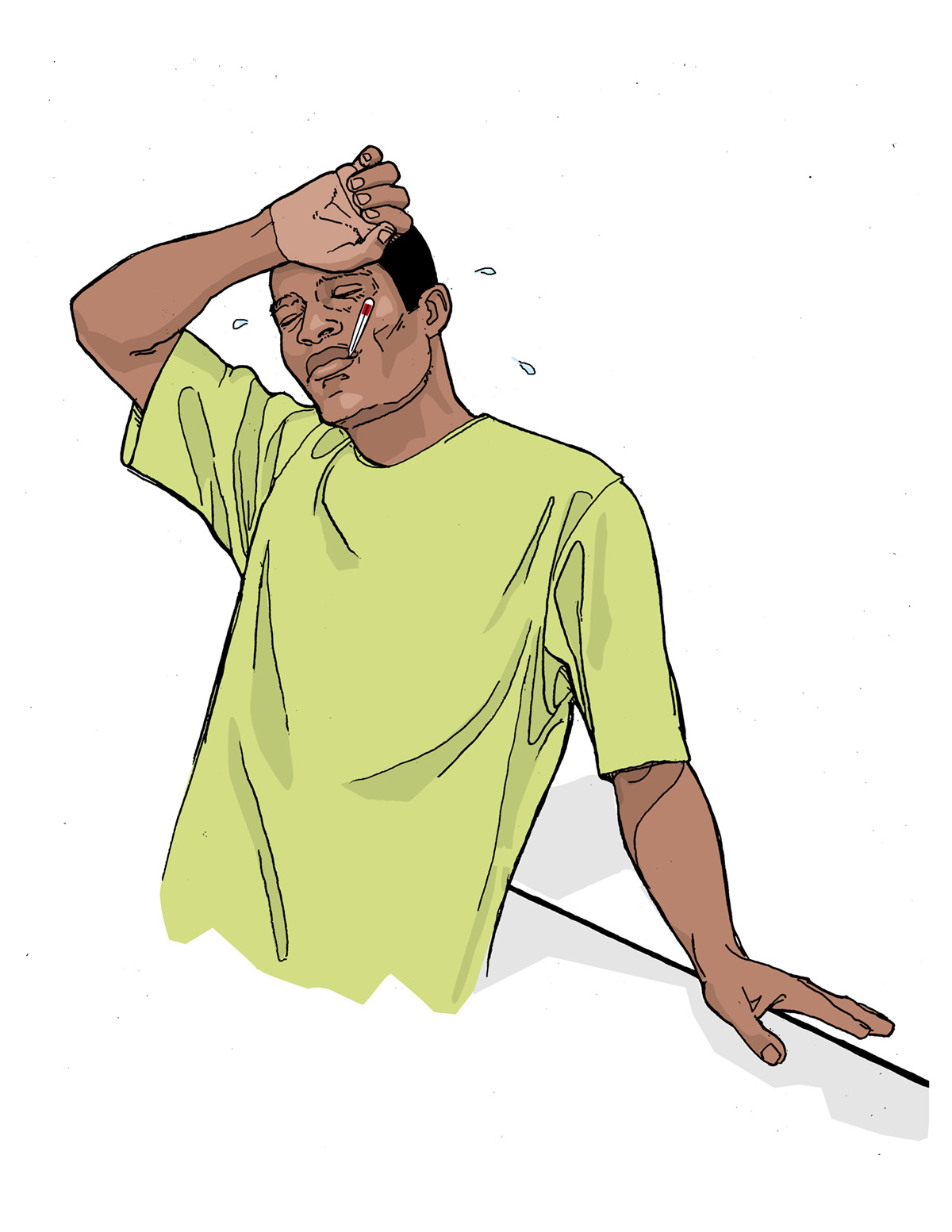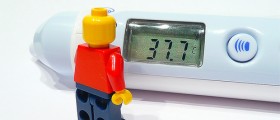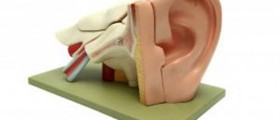
Chills and Fevers
Due to the fact that humans are warm blooded, our internal body temperatures must be kept as close to perfect as possible at all times. The ideal temperature is 37° Celsius or 98.6° Fahrenheit. Minor fluctuations in the body's temperature is normal, however when the temperature rises too high, even by one or two degrees, the body is said to be feverish. This occurs when the body's immune system becomes very active when it is fighting off viruses.
Afeeling of chills or shivering is a natural reaction of the body to cold external temperatures. Shivering is when the muscles rapidly contract and relax to warm themselves and create heat to maintain an even internal temperature. Chills and shivering are often symptoms of fevers and may last for as little as a couple of minutes or as long as a few hours. These symptoms are often accompanied by goosebumps, the body's attempt to insulate the skin to keep warm.
Causesof Fever
Gastrointestinalconditions or diseases can lead to fever as the body tries to fight off the infection afflicting the digestive tract. Fever is merely one symptom of this type of disorder; other symptoms include excessive perspiration, bloated feelings, tiredness or weakness and even bleeding from the anus or mouth.
Feveris typically a symptom of ear infections, but is generally only seen in infants rather than adults. The fever will dissipate once the ear infection is taken care of. A baby or a child that has a fever and tends to rub the ears may have an ear infection and a doctor should be consulted soon.
Acondition called heat exhaustion or sunstroke is caused by lengthy exposure to the sun or other heat sources and can lead to a fever. Major sunburns can occasionally also cause fever. If the fever causes the body's temperature to increase to 40°C or 104°F, immediate medical attention must be Procured.
Childrenare especially at risk of fever as a symptom of infections due to the immune system combating the infection. No matter how healthy a person is, they may experience fevers occasionally. However, this is merely an indication that their immune systems are working correctly.
Sufferersof arthritis may also experience fevers due to the same reasons explained above.
Chillsthat are felt without any obvious reason are sometimes indications of various diseases or conditions, including fever, infections of the pelvis, kidney or urinary tract, meningitis, cold or influenza, pneumonia, pelvic inflammatory disease, malaria or AIDS.
Whenfeverish symptoms are coupled with other symptoms like vomiting, confusion, irritableness or stiff neck muscles, it can be s cause for concern, as these symptoms together might indicate a more serious disease. Fevers that last for longer than three days, or fevers of a few degrees in infants, will most likely require medical attention and a doctor should be consulted to diagnose the problem correctly.

















Your thoughts on this
Loading...